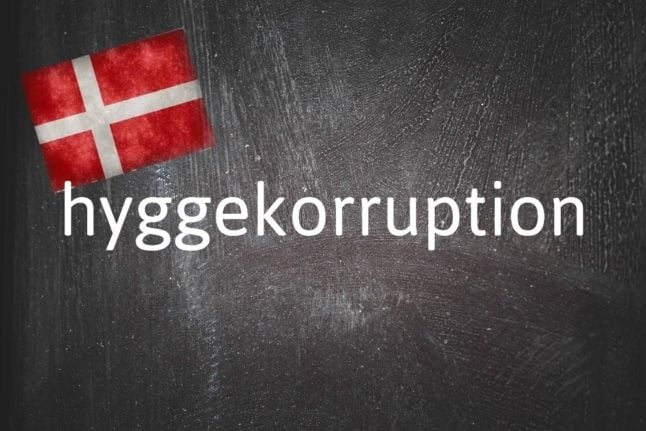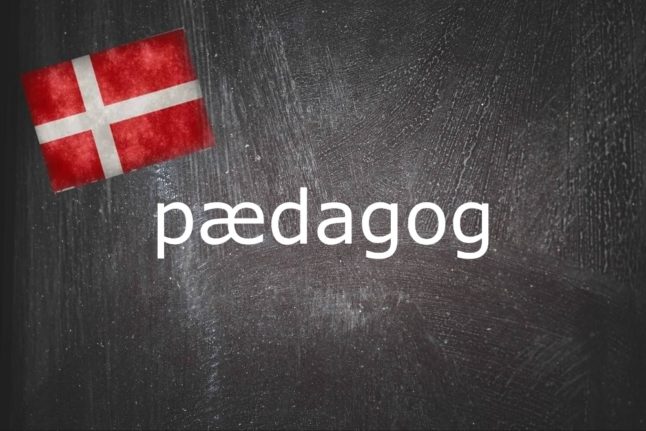What is hyggekorruption?
You might already know what hygge means, what with it possibly the most famous Danish word outside of Denmark.
As well as being famous, hygge also has an ongoing conversation about its actual meaning, because it relates to a feeling or a mindset that doesn’t have an exact English equivalent.
Hygge can be used in almost any situation that makes you feel comfortable, happy and as if you’re having a nice time. It can also be used as either a noun (hygge), verb (at hygge) or an adjective (hyggelig).
READ ALSO: OPINION: Down with Danish hygge – Sweden’s mys is more real, fun and inclusive
Korruption, on the other hand, has a very direct and obvious translation: it means corruption.
Why do I need to know hyggekorruption?
Hygge can be added on to any number of nouns to signify an activity or situation that is being conducted in a way that participants consider to be enjoyable and pleasant.
This might be hjemmehygge (having a nice time at home), having a nice time at home), hyggestemning (a pleasant atmosphere), hyggemusik (agreeable music), hyggebold (playing football casually and for fun) or familiehygge (hanging out with the family).
But there’s also a darker side to describing certain activities as hygge because it might downplay a genuine problem.
Hyggekorruption might just be an example of this. It’s not a common expression in Denmark, a country that fares well on international corruption indexes, but has appeared in the news recently in a context that helps to explain it as a concept.
In February 2024, national broadcaster DR reported that a company had offered local authorities a large sum of money as part of its application for a contract to construct an on-land sustainable energy plant.
The money was offered in addition to the amount contractors are obliged to pay in compensation neighbours of large energy projects, and is such a high amount that it makes it difficult for the local municipality offered the money to say no.
Such an offer is not corruption or bribery because it does not go directly into the pockets of officials and would presumably impact the local area positively in some way.
However, critics say it increases the risk of unsuitable or otherwise lower quality bids being accepted by authorities because of potential benefits that lie outside of the remit of the energy project itself.
The company in question defended its proposal, saying it was offering to “share part of the profit”, but its incentive-based bid was described as a type of hyggekorruption – ‘pleasant’ or perhaps ‘acceptable’ corruption – by an analyst who commented for DR’s report.



 Please whitelist us to continue reading.
Please whitelist us to continue reading.
Member comments